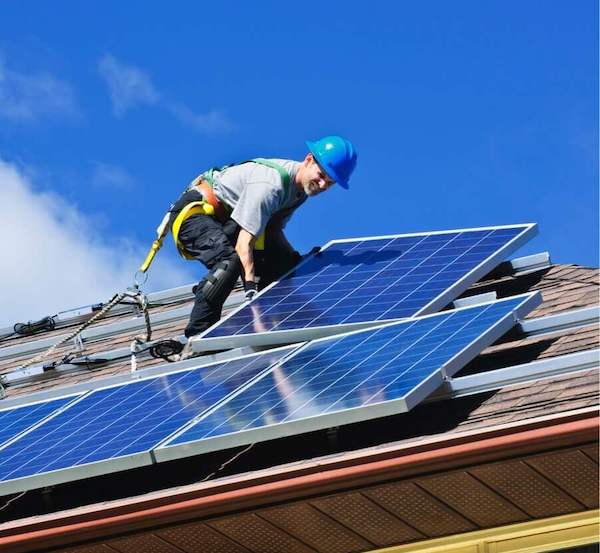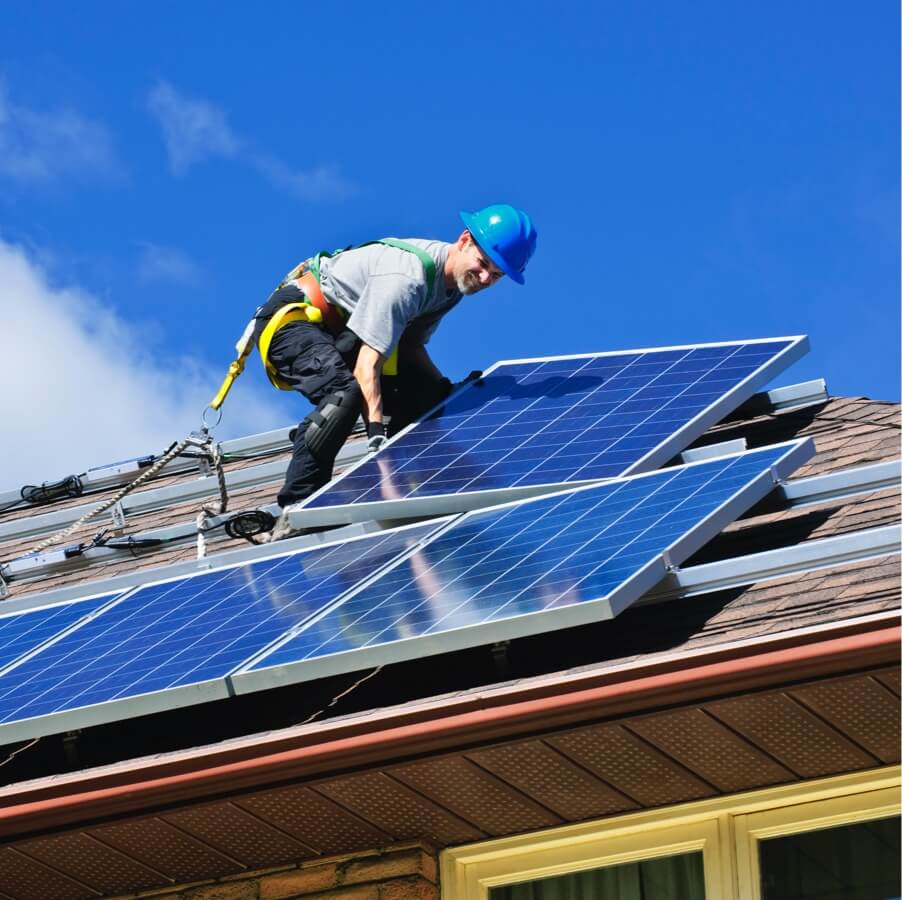Interesting Facts About Colorado
Colorado, also known as the Centennial State, has seen a population growth of 14.80% since 2010. As of 2020, the total population was 5,773,714. The percentage of homeownership in Colorado is a whopping 68.5%! This means that 68.5% of the 5,773,714 people in Colorado are potentially elligible to install solar panels at their home. Click here to find out if you're elligible for solar panels. A few fun facts about the state of Colorado: 1) it is actually the home of The world's largest silver nugget (1,840 pounds) found in 1894 near Aspen, and number 2, the state motto is "Nil sine Numine (Nothing without Providence)".
The total area for Colorado is 103,641.89 square miles. When you factor in water area, it has an overall size of 104,093.67 square miles. Colorado has an average elevation of 6,800 feet and a highest elevation of 14,433 (Mt. Elbert). With this average elevation, it is probably typical that solar panels can be installed at your home.







